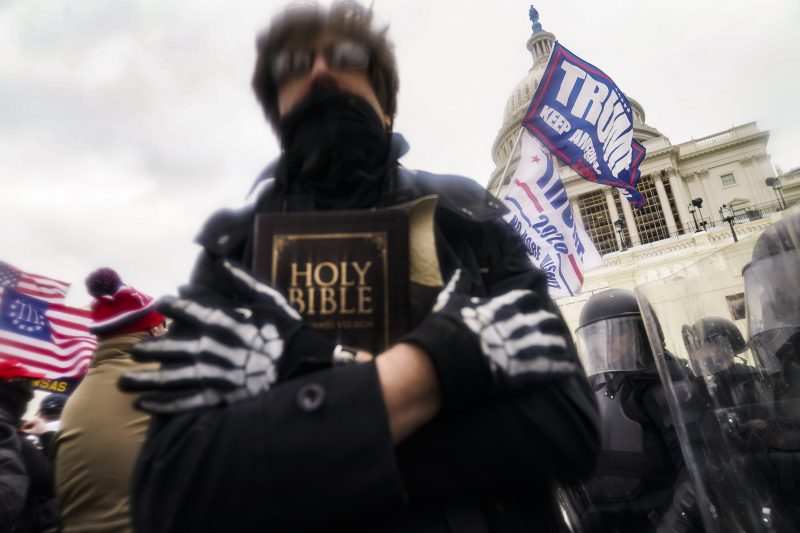In a tumultuous era marked by heightened tensions and societal divisions, the power of language and rhetoric in shaping public perception and attitudes cannot be underestimated. Political leaders, in particular, wield a significant influence in framing issues and dictating the tone of discourse. One prominent figure who has been known for his polarizing language is former President Donald Trump.
Trump’s presidency was characterized by a series of dog whistles—subtle, coded messages that may seem innocuous on the surface but carry deeper, often divisive undertones. These dog whistles were strategically employed by Trump to appeal to certain segments of the population while maintaining plausible deniability of any overtly prejudiced intentions.
One recurrent theme in Trump’s rhetoric was his framing of issues related to unrest and violence. By using inflammatory language and loaded terms, he effectively played into fears and prejudices, perpetuating a narrative of chaos and lawlessness that resonated with his base. For instance, Trump’s characterization of protesters as thugs and anarchists served to delegitimize their grievances and justified a heavy-handed response from law enforcement.
Moreover, Trump’s tweets and public statements often included veiled threats and provocations, escalating tensions and sowing further discord. His rhetoric surrounding the Black Lives Matter movement exemplified this approach, as he sought to portray peaceful protests as violent uprisings that needed to be quashed by force.
By stoking fears of carnage and law and order under the guise of protecting the nation, Trump effectively weaponized language to galvanize support among his followers and demonize political opponents. The dog whistles he employed were not only divisive but also served to undermine democratic norms and erode public trust in institutions.
It is crucial to recognize the harmful impact of such rhetoric on society, as language has the power to shape perceptions and incite actions. Trump’s dog whistles about unrest and violence not only exacerbated existing divisions but also normalized a dangerous narrative that prioritized power and control over unity and understanding.
As we move forward, it is imperative to be vigilant against the use of coded language and divisive rhetoric by political leaders. By fostering open dialogue, promoting empathy, and challenging harmful narratives, we can strive towards a more inclusive and united society, free from the insidious influence of dog whistles that seek to divide us.
